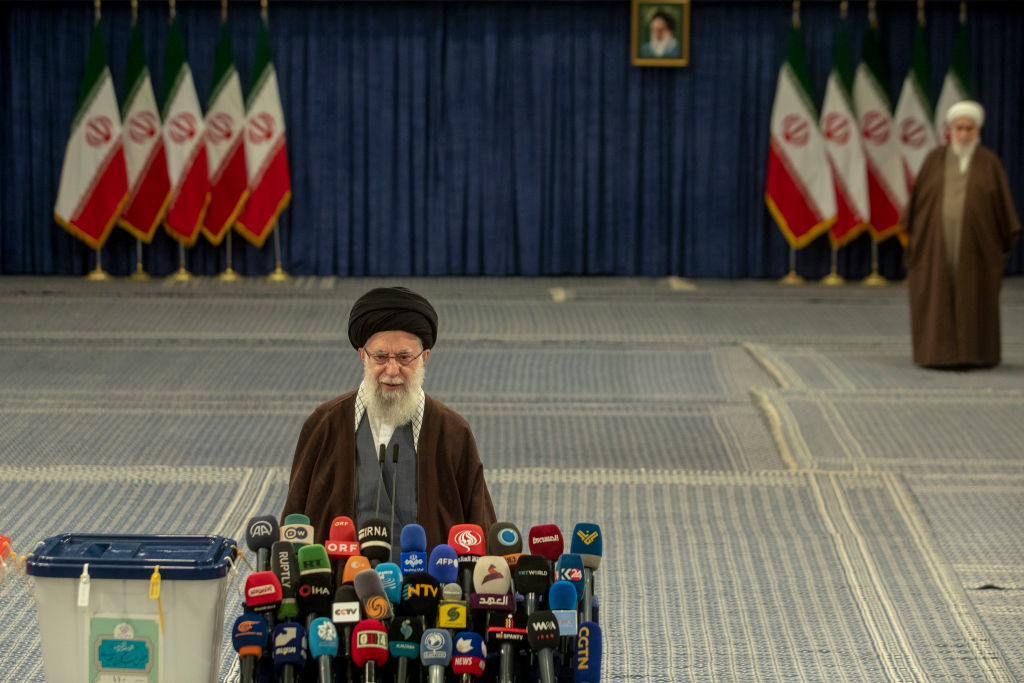In the end, Zeus was right.
When he punished Prometheus for giving fire to humanity, the old Greek god must have known that their days are now numbered. In popular culture we believe that the Promethean fire symbolizes technology and knowledge, but I believe it is much simpler.
The burning stick he gave to humans was in essence the first form of combustion, or the ability to create useful energy via the process of burning things. Once humanity realized that there are ways to transform and employ different forms of energy in addition to muscle power, the emergence of civilization was almost inevitable.
Every step along the way of energy’s evolution human beings became more prosperous, because it freed up time and capacity to do additional things. Once you no longer have to grind cereals into flour by hand but use wind- or watermills instead, you will have an awful amount of additional time available to engage in other activities, yet will still end up with more flour than before.
The emergent calorie surplus that allows you to have people engaging in activities like science and medicine because they can be fed despite not contributing directly to food production itself, allowing societies to become ever more productive and live longer lives. And so slowly but surely humanity started to conquer nature and grow its numbers, abandoning poor Zeus and his likes in the process.
There is the pervasive misconception that the number of human beings is the biggest reason for rising emissions and pollution, but that is not true. If we would all live like hunter gatherers, our carbon footprint would be relatively small. It is urbanization and modernization that is the driving force.
The scientist Vaclav Smil describes cement, steel, plastics, and ammonia as the four pillars of civilization – the first three are needed to build cities, and the last is needed to feed them in the form of synthetic fertilizers. They consume 17% of the world’s primary energy and generate a quarter of fossil fuel CO2 emissions. It is the price we pay for modern life, but is it worth what we are getting out of it?
The energy revolution did more than just make us richer, it also made us freer, and that literally so. We do not look at coal as a symbol of liberty, but we probably should. The coal powered steam engine did not just supercharge industrial output, it also drove the final nail into the economic viability of slavery.
It is no coincidence that the country that begot the Industrial Revolution also became the leading force in the abolishment of slavery – or that it was the industrialized North that fought against the slave-holding South in the civil war.
Certainly, industrialization had its downsides which are well documented in the history of the working class. But we should not forget that it took humanity millennia to abolish slavery, but only a few centuries to transform an impoverished working class into a prosperous middle class. For example, by 1870 British steam engines were generating 4 million horsepower, a workforce equivalent to 40 million men. This enabled the average Briton in 1960 to be nearly six times richer than his ancestors in 1860, and current Britons are even wealthier than that.
We owe this to the ever more efficient use of energy and its sources. Coal, of course, was followed by oil – a substance so miraculous we would have to invent it if it did not exist. Over 6000 products are made from crude, so if you only think in terms of transportation, think again. Imagine a loved one having a heart attack and being in need of an ambulance. It is not just the ambulance’s engine that runs on an oil based product, but so are its tyres and the asphalt it can drive on speedily. The plastic tubes and machines that keep them alive, the antibiotics and antibacterials that hopefully will save them.
None of it would exist without the petrochemical industry. Before we can promote a rapid move away from coal, gas, and oil we first need to understand what they are doing for us.
The current yearly energy use of the world is close to 100 billion barrels of oil equivalent, which is about the same amount of energy created by 500 billion human workers. The energy content of a barrel of oil is 5,700,000 British Termal Units (BTUs = the amount of heat required to raise the temperature of one pound of water by one degree Fahrenheit) or 1700 kWh of work potential. For comparison, it would take the average person 4.5 years to generate the same amount of work.
Described in terms of physical labour, the energy use in Western countries is equivalent to having between 200 and 240 people working nonstop for the average person compared to pre-industrial times when machines did not exist. The average individual in a modern, industrialized society has about 40 devices plugged in and drawing energy all the time – from cell phones to refrigerators to washers and dryers.
Modern civilization is a direct consequence of the availability of energy (mostly in the form of hydrocarbons), because it enabled exponential growth in productivity. Although the combustion of materials like coal, oil, and gas has certain inefficiencies, (a lot of energy gets lost as heat), the power of the steam engine and its successors is still superior to manual labour or wind- and water mills.
Some of the benefits of fossil fuels will be replaced by synthetic materials and electrification. Yet even that process will need massive amounts of energy and will proceed much slower than anticipated unless we are willing to risk a complete breakdown of modern life.
A look at the numbers reveals that most of the so-called energy transition is actually an energy addition, with renewables adding to the consumption of other forms of energy, but not really replacing them. And this is despite impressive improvements in energy efficiency. Since the 1990s, the amount of energy required to produce one dollar of GDP has declined by 36 percent – in the same time, however, overall energy consumption has increased by 63 percent.
The history of human prosperity is the history of access to energy, and every political decision that could result in a reduction of said energy will ultimately also lead to a reduction in prosperity. “Just Stop Oil” might be an effective slogan, but its consequences would be devastating for millions of people.






A tale of two energy revolutions: How Germany got it astonishingly wrong and the United States got it astoundingly right. Now the whole of Europe needs to choose